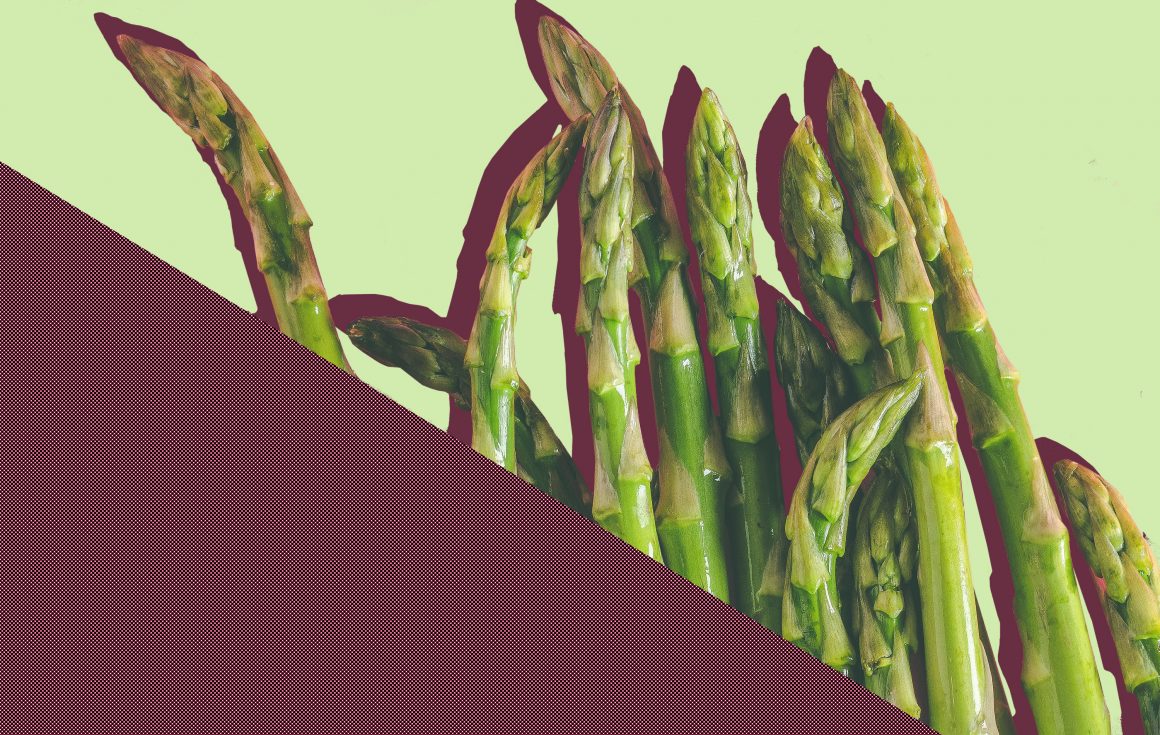
Sustainable U: Vegetarians, vegans and beyond
By Rachneet Randhawa, February 20 2021—
Although being vegetarian is not a new practice, anthropologically-speaking neither vegetarianism and veganism are not natural to human beings. Our ancient and prehistoric origins demonstrate that early humans relied on meat and other animal products for one third of their daily calorie intake. Humans eventually evolved into omnivores and now, there are many diets that remove animal products altogether.
Veganism is defined as the practice of not eating or using any animal products like meat, fish, eggs, cheese or leather. It can be considered a lifestyle rather than just a diet. It is a way of living which seeks to exclude, as much as possible, all forms of exploitation and cruelty to animals for food, clothing or any other purpose. Vegans derive essential nutrients such as protein from sources other than animal, such as beans, tofu, soy products, nuts, seeds and whole grains.
The term ‘vegan’ was officially coined in the 20th century by British vegan Donald Watson, co-founder of The Vegan Society. Watson declared every Nov. 1 as World Vegan Day.
Vegetarianism is the practice of living solely upon vegetables, fruits, grains, legumes, nuts — it can be either with or without the addition of milk products and eggs. Vegetarians don’t eat any form of flesh including red meat, chicken and seafood typically for ethical, ascetic, environmental or nutritional reasons. Some vegetarians do eat fish and are known as pescatarians. Vegetarians who use milk products are classified as lacto-vegetarians and those who eat eggs as lacto-ovo-vegetarians.
Vegans take the extra step to avoid clothing like leather, silk and wool, cosmetics and skincare or jewelry made from animal products. However, despite our generation’s appreciation for this newfound way of vegan life, many people in the mainstream are still aghast as to why one would give up something that over the course of history, has seemed to natural to human beings. Why go vegan? One key reason is for health. Many research studies demonstrate the benefits of vegan diets which include lower blood pressure and cholesterol, lowered risk of type two diabetes and lower rates of heart disease and some types of cancer. For instance, consumption of red meat and processed meat is linked to cancer because there are levels of carcinogenicity in red meats such as beef, veal, pork, lamb, mutton, horse and goat. The second key reason that some choose the vegan lifestyle is for the environment both for food security and for water requirements.
The Food and Agriculture Organization of the United Nations claims that by 2050, world meat production will have almost doubled if the majority were to adopt a western-style diet full of meat, eggs and dairy products. The detrimental effects on the environment are astounding with the global food system being responsible for at least a quarter of all greenhouse (GHG) emissions, 70 per cent of our freshwater resources and up to 40 per cent of the land surface on Earth. We would need an estimated 60 per cent more food to feed approximately 10 billion people by 2050. This is in conjunction with the onset of global warming, deforestation, land degradation, water scarcity and species extinction. Did you know it takes 1,799 gallons (or 6809 litres) of water to raise cows to produce one pound of beef? The water footprint to raise livestock is highly resource-intensive with 576 gallons required for pork compared to only 216 gallons for a footprint of soybeans.
But developing new habits is tedious and for many, becoming a vegetarian is difficult let alone going vegan. Some would-be vegans revert to eating meat, eggs and milk after getting headaches, fatigue and dizziness due to lack of vitamin B12 and iron — things that can be mitigated through supplements.
What is the best way to educate others on veganism? University of Calgary anthropology graduate student Chelsea Klinke mentions that you must “eat by example. Sharing resources such as recipes and local restaurants, educating on environmental and health impacts of intensive meatification.” She explained further why a vegan lifestyle is important to her.
“Eating mostly plant-based makes me feel healthier and happier on multiple levels including mind, body and spirit. It’s important to eat sustainably sourced foods that do not contribute to high levels of CO2.”
If you do make the transition to becoming a vegan it will be a challenge and also a process. But the investment you make now will be well worth the trek and the benefits will be bountiful and profound in all areas of your life including improved physical & mental health, overall fitness and even spirituality.
Interested in learning more about adopting a vegan lifestyle? Check out documentaries Cowspiracy, Vegeducated and The End of Meat. Interested in getting more involved with other veggie lovers on the campus community? Check out the UCalgary Garden Club and Vegetarian and Vegan Club.
Sustainable U is a regular column focused on sustainability. This column is part of our Opinions section and does not necessarily reflect the views of the Gauntlet’s editorial board.
